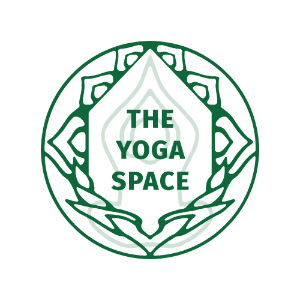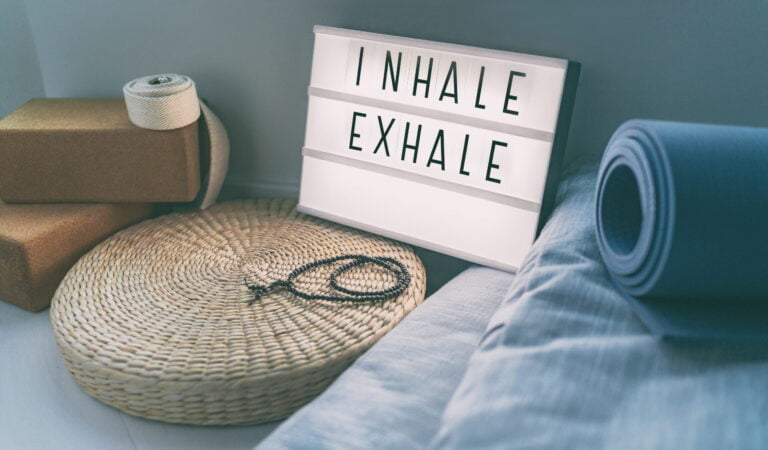Why is slow breathing so important in yoga and meditation practice? Nichi explains why in this fascinating article.
The vagus nerve is “Queen” of the parasympathetic nervous system (P.N.S) our relaxation status. It runs from the neck all the way down to the abdomen and is called the vagus because it wanders down through the body and amongst the organs. It pretty much connects most of the major organs between the brain and the colon and has a left and a right channel.
 When we slow our breathing down and breathe more deeply we stimulate our vagus nerve and our heart rate and blood pressure reduces. Oxygen demand to the heart is reduced. The more we stimulate it, the more we can reduce stress as we reduce the effects of the sympathetic nervous system ( S.N.S), our fight, flight mode.
When we slow our breathing down and breathe more deeply we stimulate our vagus nerve and our heart rate and blood pressure reduces. Oxygen demand to the heart is reduced. The more we stimulate it, the more we can reduce stress as we reduce the effects of the sympathetic nervous system ( S.N.S), our fight, flight mode.
When we breathe in the sensory nodes on our lungs send info back up through the vagus nerve to our brain to slow down or speed up the heart. When we breathe out the brain sends that information back down to the heart to slow it down or speed it up.
Our exhalation stimulates our relaxation response. When you are anxious, upset, angry you will become acutely aware of your inhalation. It will be shallow, more forced, often more apparent or vocal. If you try now taking a few quick, fast, forced breaths in you will start to feel hyped or agitated.
The vagus nerve acts as a brake on our stress response. Vagal activity is at its highest and heart rate at its lowest when you exhale. Meditation practices and yoga breathing/ pranayama recommends 6 breaths per minute, 5 seconds in and 5 seconds out. With regular meditation practice you may find that the body naturally falls into this pattern.
The quicker your heart rate returns to normal after exercise is a good measure of vagal tone. Athletes for example have excellent vagal tone whereas someone who has had to have an extended period of bed rest will have a very low tone.
Other practices aside from yoga and slow breathing which improve vagal tone are; laughing, singing, chanting, acupuncture, and splashing the face with cold water or cold water swimming.
Find yourself getting anxious? Got to deal with a stressful situation? Take some time to slow down your breathing. Even bringing your attention to it can make a massive difference to not only how you feel but also how you deal with situations as they arise. Improve your vagal tone and you will sleep better, be less anxious and improve your general health.
Try this practice with Nichi daily for a week and see if you can improve your ability to breathe more deeply and improve your vagal tone.

